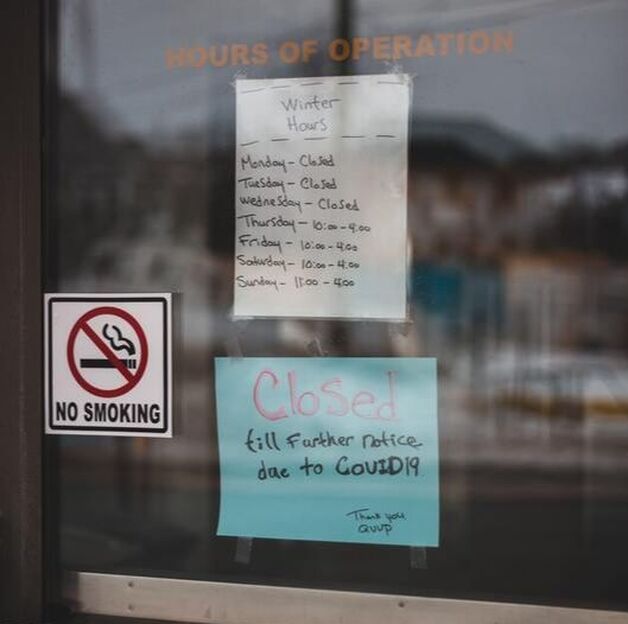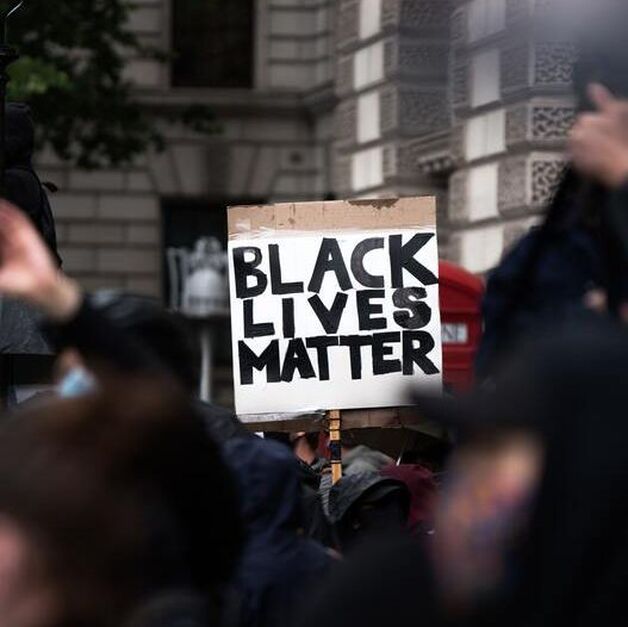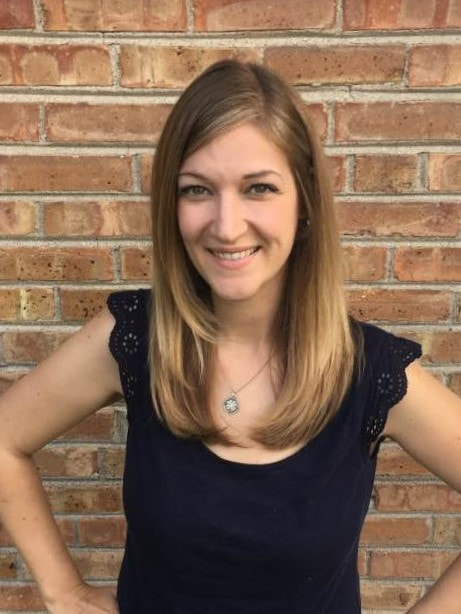|
Most of the links on this post are informational, but a few are affiliate links to help maintain this website. President Biden was sworn in on January 20th, 2020, one day shy of the anniversary of the first reported case of COVID-19 in the United States. Hope is finally on the horizon after a tragic year. Hope will be our anchor as we go through what is likely to be a year of more challenges and challenging processing. I am a therapist, so politics is a tricky subject. But I am a social worker and social justice is perhaps our most important value as a profession. I believe the "both sides" rhetoric of the Trump presidency was harmful to everyone. Trump was not a normal Republican president. His presidency was harmful. During a time when our country needed a comprehensive plan and a person who was able to express empathy during a crisis, Trump was not able to do either of those things. When we needed a president to denounce white supremacy, Trump was not able to do so. When we needed a president to guide us into a peaceful transition of power, Trump was not able to do that. We all have suffered greatly. These are the layers of 2020 and into 2021: a global pandemic, a movement for Black lives following another tragic murder of a Black person at the hands of police, a divisive election, an economic crisis, and an insurrection. But those are the collective layers, each person also has their own individual layers: close friends and family members dying of COVID-19 or unrelated causes, job loss, economic insecurity, racism and all the other -isms, loneliness, and all the other unnamed and unknown losses. Now we are at the point when the calendar is coming around to the one year anniversaries of all of these events. Anyone who has experienced shock trauma in their past knows that anniversaries are some of the most difficult times. We need to be prepared for another difficult year. Some anniversaries have already passed. The first reported case of the coronavirus was traced back to November 17th, 2019, but it wasn't until the end of December that we all started to hear about the virus in Wuhan, China and that it had the potential to spread. After that things moved quickly. January 21st, 2020 was the first reported case of COVID-19 in the United States. It happened in Everett, Washington in the neighboring county to where I live. Even though it was so close, things felt contained. I traveled by plane in mid-February with no mask and no concern for my safety. In late February, my chronic illness landed me in the emergency room twice, and the triage nurse and I joked when he asked me if I'd recently traveled to China. Little did either of us know what was just around the corner. Larger companies instituted work from home policies in early March. Most people who could work from home were doing so by the middle of the month. There was run on toilet paper and disinfectant wipes. Pictures of bare store shelves crowded the internet. By the end of March many cities were ghost towns. We didn't understand this new disease, so we feared leaving our houses at all. Over April and May, scientists slowly revealed what they knew. How masks, social distancing, and washing hands could protect us, but that we still needed to be very careful and the worst was yet to come. We watched the numbers rise and watched as New York City hospitals were overwhelmed and overflowing. We heard about overworked and traumatized nurses and doctors. There was not enough personal protective equipment and hospital staff were forced to reuse contaminated masks and gowns. We feared the same fate in our cities. Everyone said, wait until summer, it will be over by the end of the summer. Other voices calmly told us it would be much, much longer. That we would have to wait for a vaccine. That it could be a year...or even two. By June it became clear that this was not something that would be over by the end of the summer. Then, George Floyd was murdered by police officer Derek Chauvin, on May 25th, 2020. An uprising began in Minneapolis and spread throughout the country. This sparked a reckoning of how embedded white supremacy is in the United States. Finally, white people were awakening to what black people had known their whole lives. The gaps in equity never closed and are still widening today. Days and weeks of unrest followed. Into the fall, the number of COVID-19 cases rose and fell depending on location. The death toll rose across the country and around the world. When the holiday season hit, the numbers got out of control. Again hospital ICUs were overflowing and doctors were forced to make unthinkable decisions about who to treat. In December, we learned that there would be a vaccine for COVID-19 available to the public. The first good news in a long time. In January, we started to hear that it may be fall of 2021 before life resembled what it used to. And in the meantime we would be processing traumatic memories from the past year without access to many of our typical coping strategies: connection, fun, leaving our homes without fear. Then, on January 6th, 2021 a group of insurrectionists stormed the Capitol in Washington D.C. Their sinister intentions and the terror lawmakers felt when hiding in offices or underground tunnels revealed themselves over the next few weeks. Another National trauma for us to process. As we enter into the second month of 2021, most of us have hit the "pandemic wall." We are struggling to keep following the guidelines, while knowing we need to continue for much longer than we originally expected. We don't always experience anniversaries like events on a calendar; we experience them in our bodies. Our body recognizes changes in weather, different levels of sunlight, and our surroundings. This all happens below our cognition. Your body reacts to things that most of the time you won't even know the reason why. That’s why it's important to recognize this as a possibility as the anniversaries approach in order to prepare yourself. In reading this, your body may even be reacting in the moment. Check in with yourself. Are your muscles tense? Is there a lump in your throat? Has your heart rate increased? If so, take a moment to ground yourself. Feel what is beneath you, the floor beneath your feet, the chair beneath your sit bones. Bring to mind an image something moving downward (rain, honey, a falling leaf, energy) and disappearing into the ground. This may be a small sign of what's to come. What can you be prepared for? How can you increase your awareness in check in with yourself as needed? Awareness increases self-compassion. If you recognize that anniversaries of traumatic events will have an impact on your body and senses, you can be compassionate with yourself when unpredictable thoughts and behaviors arise. So once again we are called to be patient and we can use the evidence of the past year to show us that we are able to do so. But we need to be aware of how these triggers may rise and fall like waves. Awareness is 90% of the battle. The other 10% is learning ways to ground yourself when triggers come into your awareness. One day we will be on the other side of this bridge. The land over there may look different and may require us to adapt to new things, but we will look back and know we were always more resilient than we thought. "When we learn how to be resilient, we learn how to embrace the the beautifully broad spectrum of the human experience." - Jaeda Dewalt
0 Comments
Leave a Reply. |
WelcomeI'm Kerry (She/Her/Hers) and I am a licensed therapist, group facilitator, poet, writer, & speaker. This is a place to acknowledge and validate our suffering and trauma, while also learning how to turn toward aliveness and spaciousness. Categories
All
Archives
April 2024
|
|
Copyright © 2024 Kerry J Heckman All rights reserved. Disclaimer.
|
|




 RSS Feed
RSS Feed